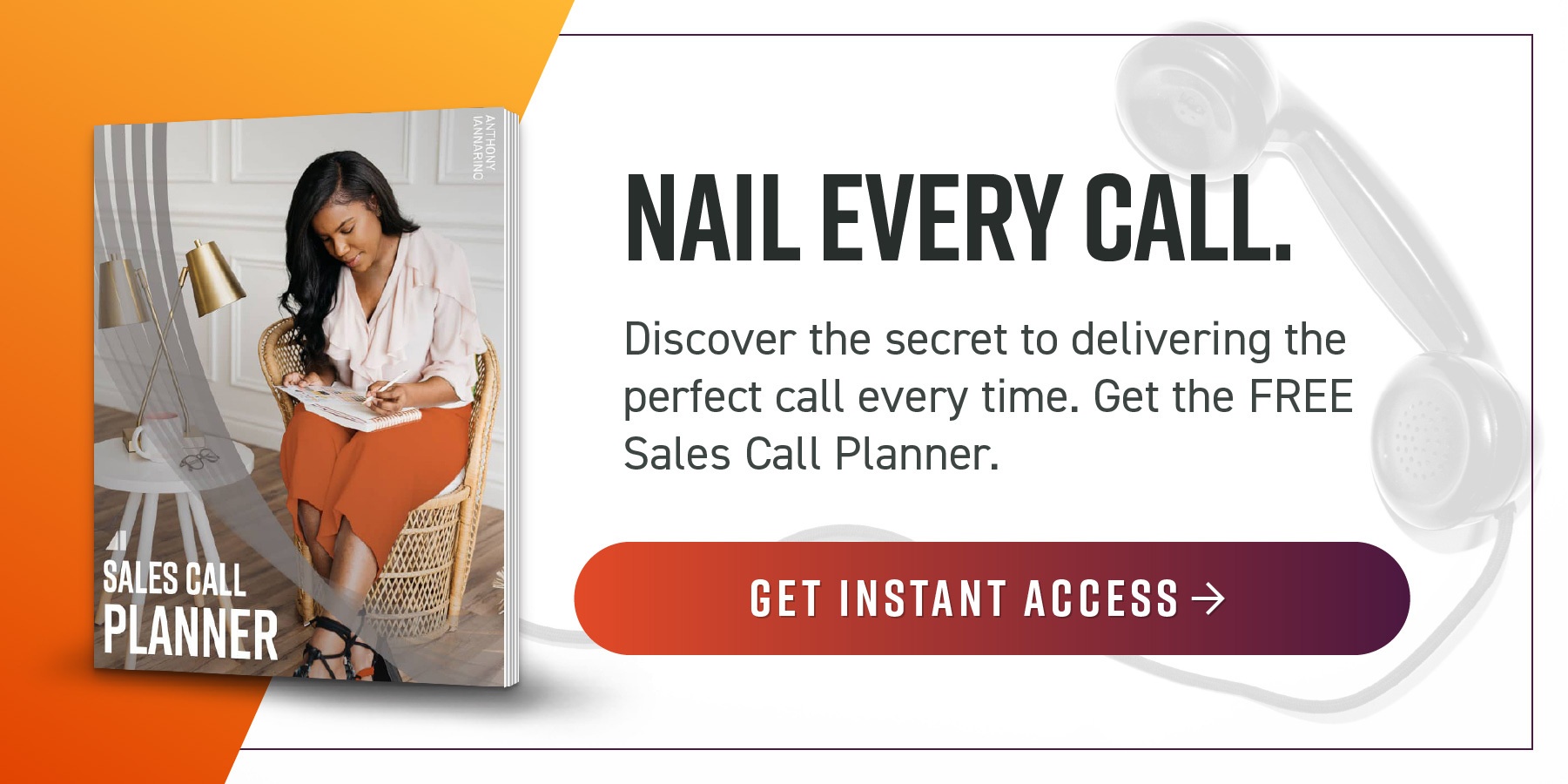To create a preference to buy what you sell, you must create some kind of meaningful differentiation. But most salespeople differentiate in the exact same way as their competitors—something they prove by opening the first meeting with a history lecture on their company, followed by a picture of their company's trophy case (the logos of their large clients), followed by how their product or service solves the client's problems better than their competitors.
The origin story of your company is different than your competitor's origin stories. Your founder took a different path than the founders of all of your competitors, all of whom took their own different paths, all of them starting a business in the same industry. All of the founders decided that they could offer an improvement to the way things were being done and started a business to offer something better. Your prospective client isn't likely to recognize anything about your story as different or meaningful, or valuable, nor will they remember the story.
Your trophy case, the slide you show your prospective clients with the logos of the large and well-recognized brands your company serves now, is impressive. What's missing from your trophy case is the logos that show up on your competitor's well-adorned slide, the one your client saw just two days ago. Should they be impressed that your slide had Microsoft's logo, or was your competitor's presentation of Oracle's logo more impressive? Minutes after you click to the next slide, your client will have already forgotten your logos, just like they will when your competitor shows them theirs.

You ask your clients questions designed to uncover their problem and their pain, using language so similar to every salesperson your contact has ever encountered that it is uncanny. There is little novelty and nothing that might differentiate you from your most different competitor, competency notwithstanding.
Finally, we come to your product or service, what you call a "solution," as it solves the client's problem. This is where you shine as a salesperson, explaining how your product or service is different than every other offering on the market, even the ones that are so close they might be identical twins. The way your product or service works is different from the way your competitors work. You believe that your way is better than their way, and they believe their way is better than yours.
To be fair, there can be meaningful differences between your product and your competition's, even though both of your products are designed to improve the client's results. Your "solution" may be a better fit for a prospective client while your competitors might be a better match for a different prospect.

A Short Interlude: A pause in our play, if only to add a bit of context to what can seem a harsh reality.
- With few exceptions, every industry eventually finds itself with many competitors competing for a finite number of prospective clients. The glut of competitors in the market results in prospective clients treating the participants as a commodity. It is a difficult truth is that no matter how different you believe you are, your client still believes that the many companies and alternatives available make you something of a commodity.
- The more similar your sales conversation the more you are indistinguishable from the last salesperson that sat across from your contacts two days ago and the one that will meet with them two days into the future.
The Sales Conversation
Let's assume everything is the same. You work for a good company, and your competitor also works for a good company. You serve some really impressive clients, and your competitors also work with companies that are equally impressive, both of you hoping to steal some of the other's logos (welcome to the Red Ocean). Both you and your competitor each have a "solution" that is a "fit" for the client you are both pursuing.
What vehicle do you have available to create greater value within the sales conversation? The answer is "the sales conversation." What if I told you that the salesperson who creates the greatest value for the client inside the sales conversation is the one most likely to win their client's business? What if you are the value proposition, and the sales conversation is the variable that determines who wins and loses?

There are ways you might differentiate yourself, and by doing so extend that differentiation to your company and your products and services. If you can accept the previous statement, even though it seems backward to you, you can increase your effectiveness in sales. Instead of suggesting you are credible by pointing at what amounts to nouns (your company, your founder, your clients, and your solutions), you create the greater value of helping your client understand how best to address their poor results through the sales conversation, conferring credibility on your company and your solutions.
You Are Only Different If You Are Different
By accepting that everything is equal, you can make everything unequal. When everyone approaches the conversation in the same, including the order of the conversation, it benefits you to do something else. The detrimental reliance on the company, the founder, the investors, the board of directors, your clients, and your solution releases you from having to create the greater value your clients need from you—or someone like you.
How could what you know through all of your experiences helping other clients allow you to provide your clients with a much better conversation about their situation, their results, their future potential, and how exactly they should go about making the decision to move forward. The person who provides the greatest value for the prospective client is the one that is most likely to win the client's business.
You are only different if you are different. If you are not different, you are different just like everyone else.












.jpg?width=768&height=994&name=salescall-planner-ebook-v3-1-cover%20(1).jpg)


